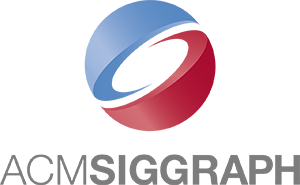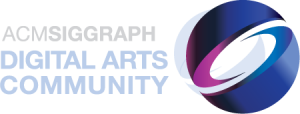The Kitchen as a Graphical User Interface
Author(s):
Exhibition:
Category:
Abstract/Summary/Introduction:
Everyday objects can become computer interfaces by the overlay of digital information. This paper describes scenarios and implementa tions in which imagery is digitally painted on the objects and spaces of a kitchen. Five augmented physical interfaces were designed to orient and inform people in the tasks of cleaning, cooking, and accessing information: Information Table, Information Annotation ofKitchen, HeatSink, Spatial Definition, and Social Floor. Together, these interfaces augment the entire room into a single graphical user interface.
View Full Paper:
References:
Bretzner, L., Laptev I., & Lindeberg,T. (2002). Hand gesture recogni tion using multi-scale colour features, hierarchical models and particle filtering. In Proceedings of 5th IEEE International Conference on Automatic Face and Gesture Recognition.
Cruz-Neira C., Sandin, D., & DeFanti, T. (1993). Vi ual reality: The design and implementation of the CAVE. Proceedings of SIGGRAPH 93, 135-142.
Haykin, S. (1998). Neural networks: A comprehensive foundation, 2nd Edition. Prentice Hall.Hillerer T., Feiner S., & Pavlik, J. (1999). Situated documentaries:
Embedding multimedia presentations in the real world. In Proceedings of ISWC’99, 79-86.
Ju, W. (2001). The design of active workspaces. Master’s thesis. Massachusetts Institute of Technology, Cambridge, Massachusetts. Pinhanez, C. (2001). Augmenting reality with projected interactive dis plays. In Proceedings of International Symposium on Virtual and Augmented Architecture (VAA’01).
Selker T. & Burleson, W. (2000). Social floor. Proceedings of OZCHI,Inte ace Reality in the New Millennium.
Selker, T. & Burleson, W. (2000). Context-aware design and interac tion in computer systems. IBM Systems Journal, 39(3&4).




